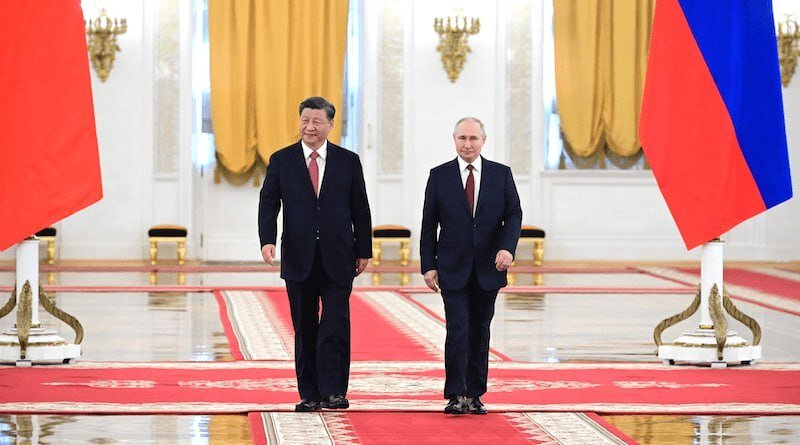China, Russia dismiss Iran UN sanctions as void
Opposition from Beijing and Moscow, Iran's diplomatic maneuvers, and exhaustion of sanctions regime prevent the turmoil West had hoped for

TEHRAN - The reinstatement of United Nations sanctions against Iran, a process initiated by European powers and finalized last week, appears to have failed to achieve its intended political and economic impact.
The strategy, which analysts believe predicated on isolating Tehran and compelling a change in its posture, has been fundamentally undermined by robust opposition from Russia and China, coupled with Iran's own demonstrated commitment to a diplomatic resolution.
From the outset, the legal foundation of the so-called "snapback" mechanism was forcefully challenged by two permanent members of the Security Council.
China and Russia had previously declared in a joint statement with Iran that they would not abide by the pre-JCPOA UN sanctions if they are re-imposed.
Iran, concurrently engaged in proactive diplomatic efforts in recent weeks which appear to have appeased the Iranian public. While Deputy Foreign Minister Abbas Araghchi was in New York, Tehran extended a direct offer for talks to U.S. envoy Steve Witkoff, proposing a meeting that would include European foreign ministers and the International Atomic Energy Agency. According to Iranian government spokesperson Fatemeh Mohajerani, this overture was met with either rejection or a failure to appear, leaving Iran’s diplomatic efforts unanswered.
This sequence of events allowed the Iranian government to present a clear narrative to its people: it was pursuing every possible peaceful avenue, while the other side refused to engage.
Europeans had allegedly hoped that the move would trigger significant social unrest . But for many citizens, speaking to journalists in the days following the announcement, the return of sanctions was perceived not as a catastrophic new event, but as a continuation of a long-standing economic war. "Sanctions are not good. But they have been our reality for a long time," said one middle-aged woman to the IRIB on a busy Tehran street. "To be honest, I no longer check to see if they have sanctioned us again."
In the weeks preceding the UN decision, Iran's currency markets experienced volatility and a sharp rise in rates, anticipating severe economic pressure. However, following the conclusion of the diplomatic saga and the reimposition of the contested sanctions, the panic notably subsided.
Leave a Comment